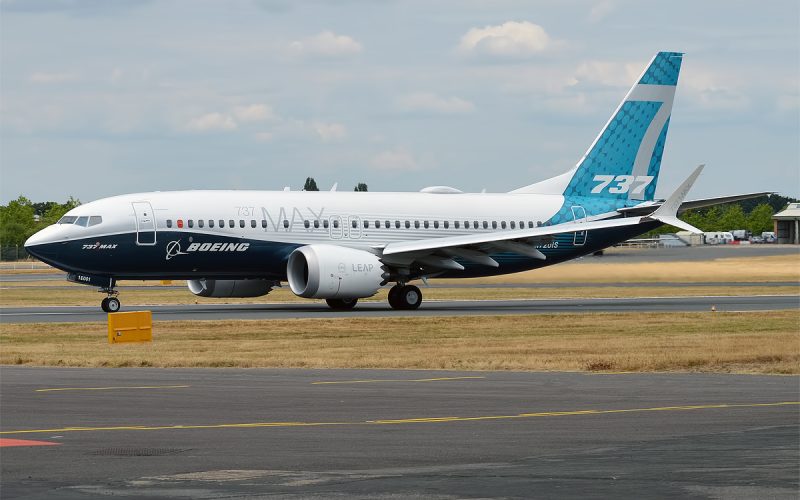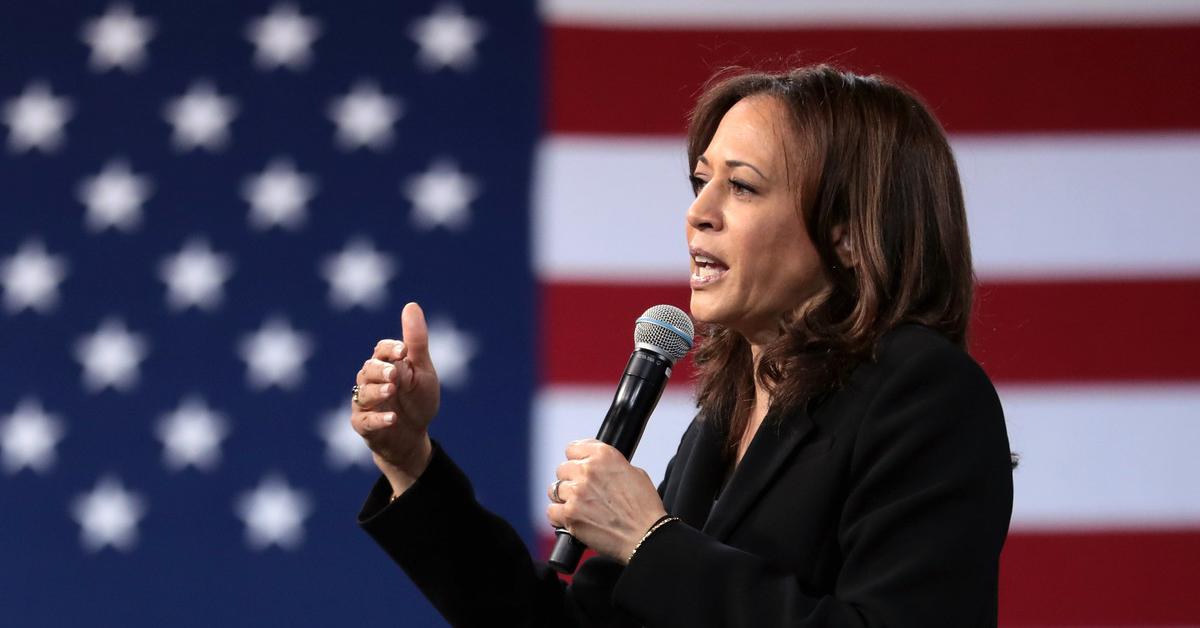A federal judge in Texas rejected Boeing’s plea deal over the 737 Max crashes.
The plea deal was related to defrauding regulators about the pilot training requirements for the 737 Max before two fatal crashes.
The big picture: The rejection creates uncertainty around the criminal prosecution of Boeing and its legal future in connection with the development of the 737 Max.
- The judge’s decision was seen as a significant victory for the victims’ families, as they anticipate a renegotiation of the plea deal to incorporate more severe terms commensurate with the gravity of Boeing’s crimes.
- The plea deal that was rejected would have allowed Boeing to plead guilty to defrauding regulators who approved pilot training requirements for the 737 Max nearly a decade ago, but prosecutors did not allege Boeing’s deception played a role in the crashes.
Driving the news: The Justice Department charged Boeing with defrauding Federal Aviation Administration regulators and announced a $2.5 billion settlement, which angered families of the victims, leading to the rejection of the initial plea deal.
- The 2021 deferred-prosecution agreement was set to expire when a door plug blew off a 737 Max during an Alaska Airlines flight, renewing concerns about manufacturing quality at Boeing and leading to the revival of the prosecution for the conspiracy charge.
- Prosecutors assert that if the case went to trial, they would not present any evidence that Boeing’s deception caused the crashes.
- The plea agreement included a fine of up to $487.2 million, with Boeing receiving credit for penalties paid as part of the 2021 settlement and being required to invest in compliance and safety programs, and probation for three years.











